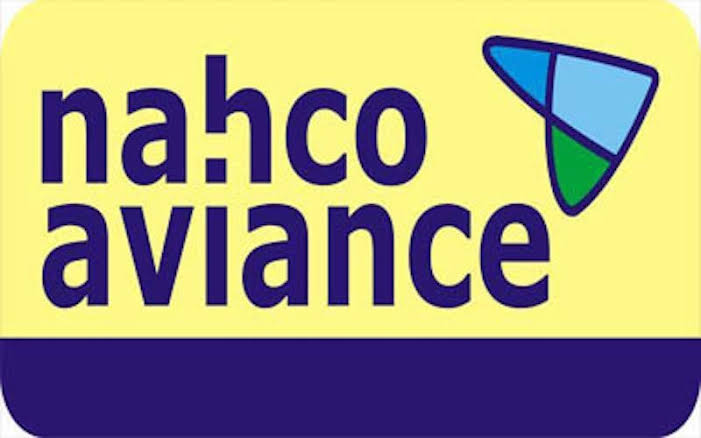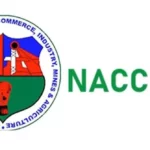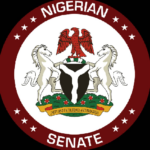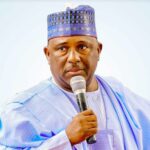The foremost ground handling firm, Nigerian Aviation Handling Company Plc (NAHCO), has recorded a profit before tax (PBT) of N3.8 billion for the 2022 financial year.
This is an increase of 315.4 per cent over the N924.86 declared for the same period in 2021, even as the first handling company looks forward to a greater and more profitable future premised on its planned diversification beyond aviation.
The chairman of NAHCO, Dr Seinde Fadeni, who spoke on the sidelines of the recent 42nd AGM of the company in Lagos, said the company remained resilient and committed to delivering value to the organisation and its esteemed shareholders.
According to him, despite the economic headwinds occasioned by COVID-19 which stalled businesses in greater parts of 2020 globally, the firm’s recovery was rapid owing to several innovations introduced by the team.
- Kebbi gov to complete N7bn abandoned state secretariat complex
- Emir cautions pilgrims against travelling with kolanuts to Saudi Arabia
He said, “Our group’s revenue for the year 2022 was N16.7bn, a 63 per cent increase from the previous year’s figure of N10.2bn. This was due to a combination of factors, including the increase in aircraft handling rates, and the onboarding of new routes by some loyal clients such as Qatar Airways’ expansion into the Kano and Abuja routes and Ethiopia Airlines’ addition of the Enugu route to its destinations.
“We also benefited from Air Peace’s commencement of the Port Harcourt–Cameroon route.”
The expansion of our excellent services, improved efficiency in our operations and increased reliance of our clients on our ability to deliver, all contributed to the positive results.”
Fadeni further said: “The quick recovery rates happened in almost every part of Africa and not just in NAHCO alone. In that year of COVID-19, Ethiopian Airlines declared a profit of over $1 billion and it was just strategy. When some airlines parked their planes, and they were using it for restaurants, Ethiopian Airlines turned their own passenger planes to cargo aircraft. There was an increase in cargo freighting and we are part of the people that made money out of it.
Given the low cargo outputs in Nigeria as most freighters coming into the country return empty, the Chairman said emphasis should be on driving cargoes in-country for Nigeria to be at par with other countries around the world doing well in that aspect.
He tasked the new administration to walk his talk by ensuring a unified exchange rate that would potentially drive cargos in Nigeria.
“Cargo is more time bound and it continues to happen all over the world. As a matter of fact, when it comes to Africa or these areas, you will find out that our freight is so small.
“For example, in Nairobi, Kenya, every Boeing 737 plane leaves the city with flowers to Europe and other countries. At the end of the day, you just find out that the effect has not really gotten to Nigeria. However, I believe that with the new administration, they want to retool the economy and I believe that that will also aid air cargo. Because once there are activities and the economy is running well, everything will run smoothly.
“The new administration has also said that there is going to be a unified exchange rate. So, this has a lot of impact on cargo importation whether it is sea freight or air freight. But, with these new economic policies, which we all know that by the grace of God, he will live up to, there is going to be an increase in cargo movement,” NAHCO Chairman said.
The Group Managing Director/CEO of the Company, Mr. Indranil Gupta also said Nigeria should focus primarily on exports and address the scarcity of forex hindering foreign exchange.
He said, “Nigeria has a very big agricultural economy which can be harnessed. Nigeria has a potential of being the food basket for the whole of Africa and can do even more and there is a lot happening. I am aware of various endeavours by Nigerians in very many sustainable ways. The thing is, it is very easy to say that okay we are bringing foreign direct investments (FDIs), where is the indigenous development which then raises the value and retains the value within the country?”

 Join Daily Trust WhatsApp Community For Quick Access To News and Happenings Around You.
Join Daily Trust WhatsApp Community For Quick Access To News and Happenings Around You.


